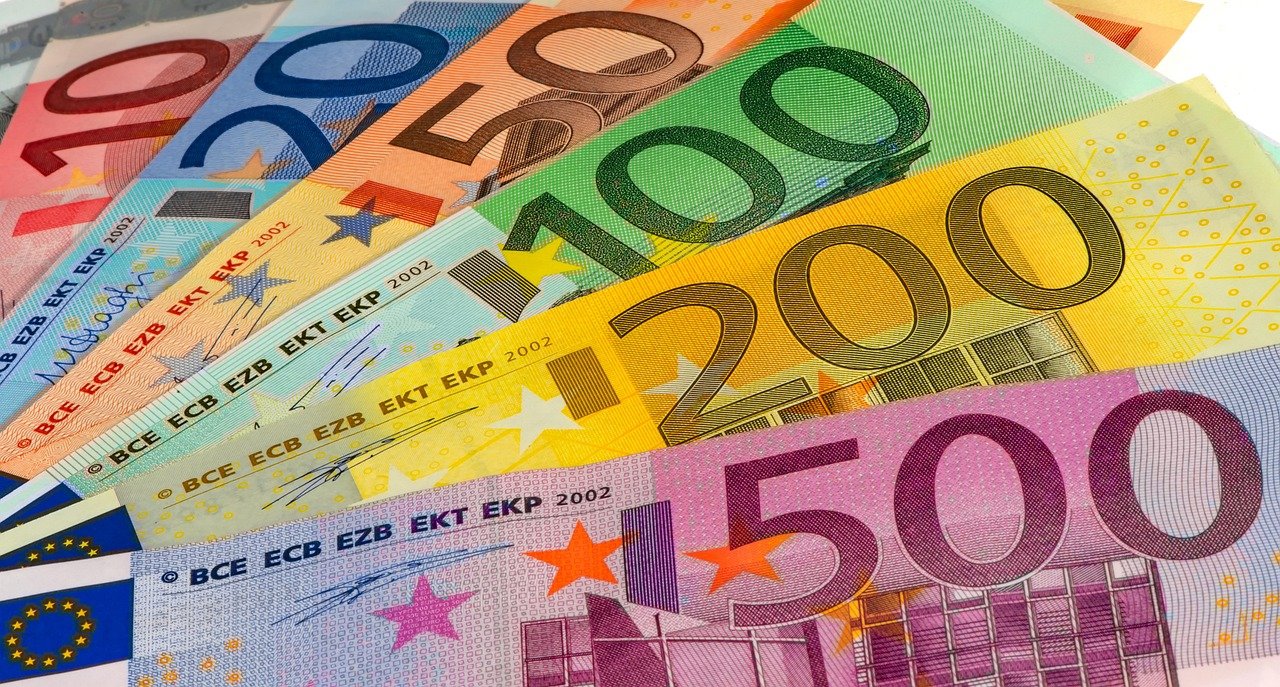Depreciation is one of the most important — and often underappreciated — concepts in accounting and business finance. It’s more than just an accounting formality: when understood and used strategically, depreciation can be a powerful tool for improving cash flow, reducing taxable income, and guiding smarter asset management decisions.
This article explores what depreciation is, why it matters, how it works across the European Union, and how businesses can use it to their benefit.
What Is Depreciation?
Depreciation refers to the allocation of the cost of a tangible fixed asset over its useful life. Rather than expensing the entire cost of an asset in the year of purchase, depreciation allows businesses to spread that cost over several years — reflecting the asset’s gradual decline in value as it is used.
Common Depreciable Assets Include:
- Machinery and equipment
- Vehicles (including company cars, vans, or even motorcycles)
- Office furniture and electronics
- Buildings (not land)

Why Is Depreciation Useful?
1. Tax Reduction
The most direct benefit of depreciation is that it reduces your company’s taxable income. By deducting a portion of the asset’s cost each year, businesses lower their profit on paper, which in turn lowers their corporate income tax.
Example:
A business in Germany buys a €30,000 delivery van. If the vehicle is depreciated over 5 years, the company can deduct €6,000 annually from its taxable income.
2. Better Cash Flow
Even though depreciation is a “non-cash expense,” it still reduces your taxable income. This improves cash flow by lowering the amount of taxes owed, freeing up capital that can be reinvested in operations or growth.
3. Asset Management
Depreciation also encourages regular assessment of asset life cycles. It helps businesses plan for replacement, upgrade decisions, and capital expenditure forecasting.

Methods of Depreciation
The EU does not impose a single depreciation standard — each country may apply its own rules, though these are usually aligned with the International Financial Reporting Standards (IFRS) or national GAAPs.
The most common methods include:
- Straight-Line Depreciation: Equal deduction each year (e.g., €10,000 over 5 years = €2,000/year)
- Declining Balance: Higher expense in the early years, decreasing over time
- Units of Production: Based on output or usage rather than time
Businesses can choose different methods depending on the asset and their accounting policies — though local tax authorities may limit options.
Depreciation Differences Across the EU
While the principle is universal, depreciation rules vary between EU countries in areas like:
| Country | Standard Useful Life (e.g., for computers) | Notes |
|---|---|---|
| Germany | 3 years | Strict tax rules from the BMF (German Ministry of Finance) |
| France | 3-5 years | Allows straight-line or declining-balance method |
| Netherlands | 5 years | Business-friendly; up to 20%/year depreciation on many assets |
| Hungary | 3 years | Local rules are strict; fixed asset registry required |
| Poland | 2-5 years | Special rates for small businesses and startups |
| Ireland | 8 years | More conservative schedules; accelerated depreciation allowed in some sectors |
In some EU countries, accelerated depreciation may be allowed for specific assets — particularly in environmentally friendly or tech-based investments (e.g., electric vehicles, clean energy equipment, or research-related tools).

Strategic Use of Depreciation
1. Maximizing First-Year Write-Offs
Some EU countries allow immediate expensing (up to a limit) for certain asset purchases — often for small businesses.
- In Germany, Section 6(2) EStG allows for low-value assets under €800 to be fully deducted in the year of purchase.
- In France, small companies can sometimes expense IT equipment outright if under a specific threshold.
2. Using Accelerated Depreciation for Growth
In high-growth scenarios, businesses may opt for faster depreciation methods to reduce tax burdens early and boost reinvestment.
This is particularly effective in industries where:
- Assets become obsolete quickly (e.g., tech)
- Equipment wears out fast (e.g., logistics or manufacturing)
- The company is reinvesting profits aggressively
3. Tax Planning Through Depreciation
Strategically timing asset purchases — such as acquiring large equipment late in the fiscal year — allows businesses to benefit from a partial-year depreciation deduction, even if the asset was only used for a few months.
A Note on Intangible Assets and Amortization
While depreciation applies to physical assets, amortization is the equivalent for intangible assets like:
- Software
- Patents
- Licenses
- Brand value or goodwill (in some cases)
These are also deductible over time, depending on the country’s rules — and are especially relevant for tech and IP-heavy startups in the EU.

Conclusion
Depreciation is not just an accounting formality — it’s a strategic tool that can significantly affect a company’s profitability, tax liability, and reinvestment capacity. Understanding how depreciation works and leveraging country-specific regulations can give your business a competitive edge, especially in the EU where rules may vary.
If you’re operating a company in the European Union, working with a qualified accountant familiar with local tax laws and depreciation guidelines is essential. By optimizing your depreciation schedule, you can turn fixed asset investments into ongoing tax advantages.
Need help building a professional online presence for your business?
Visit Rakuzan.eu — a specialized web design and development company that helps EU businesses create conversion-focused websites, whether you’re a startup or a growing SME. Their expertise ensures your business has the digital visibility it deserves across the European market.
Looking for fast, secure hosting for your business website?
Check out Hostinger — one of the best hosting providers in Europe. Their performance-driven solutions are perfect for entrepreneurs looking to scale online while keeping costs in check.
Disclaimer: This article is for informational purposes only and does not constitute financial, tax, or investment advice. Readers should consult with a licensed professional before making any financial or business decisions.





